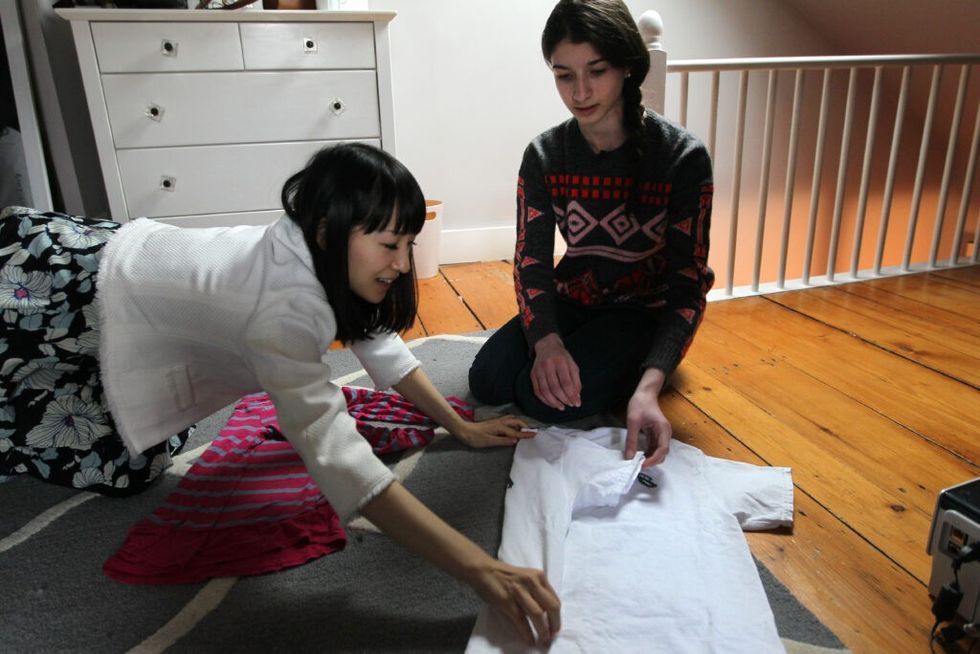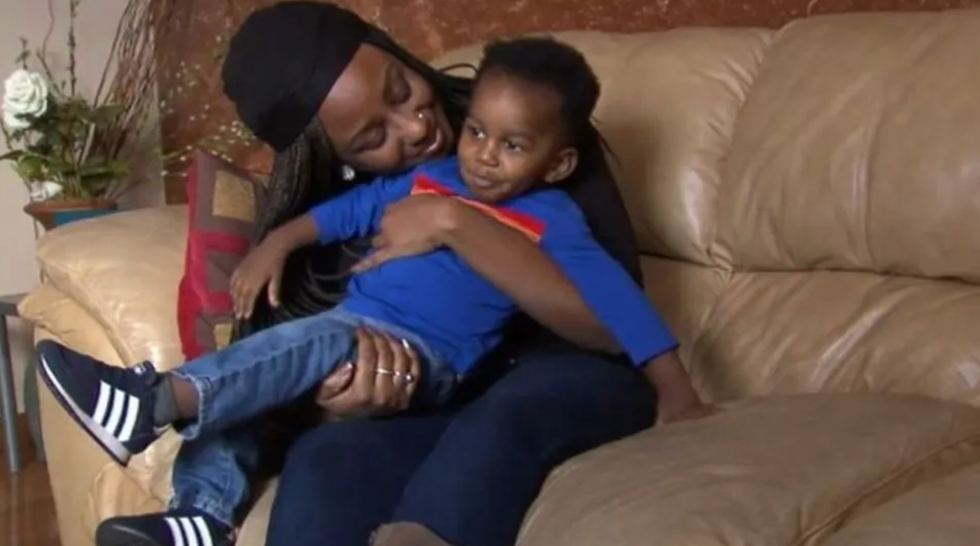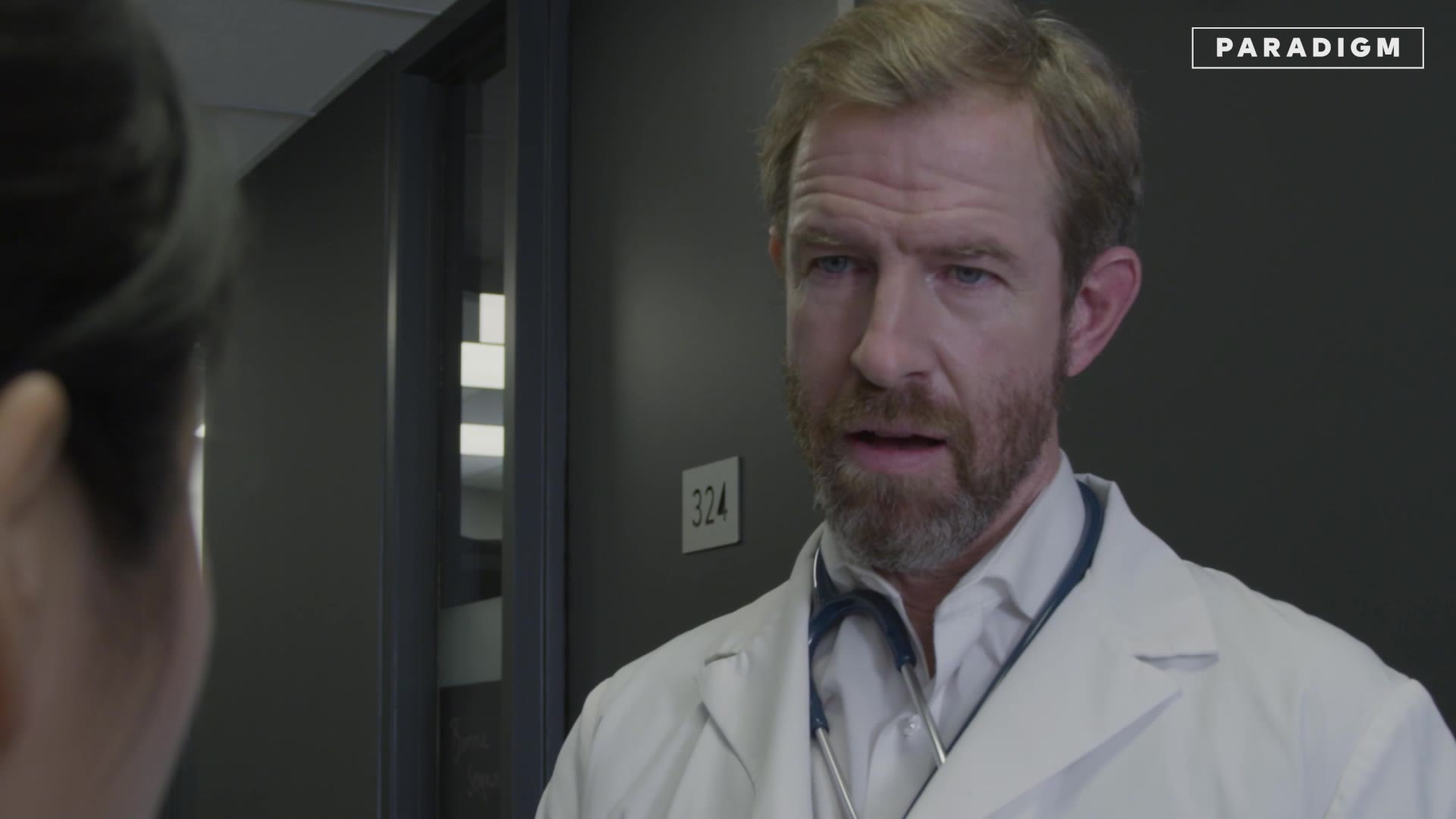The genres of rap and hip hop have been demonized by their association with gang violence and have often been represented by questionable characters. But we can’t overlook the fact that there are a lot of rappers out there who inspire and motivate us every day with their powerful lyrics and hypnotizing beats.
Just like any other form of art, rap is a representation of the artist’s personal experiences and emotions. A representation of what living in a rough environment really means and an expression of the grit that a tough life demands. They speak from life experience.
Maybe not all rappers make for excellent role models, but a lot of them deliver valuable life lessons through their songs. Besides, the confidence and boldness of these artists is infectious. Whether you are a fan of this music genre or not, you’ll definitely find a lot of wisdom and inspiration behind the following rapper quotes.

Here are 25 rapper quotes about life to motivate you to keep grinding:

Even though you’re fed up, you got to keep ya head up.
TUPAC SHAKUR (more Tupac Shakur quotes)
Trust your own judgement, live with it and love it.
NAS
Forget yesterday, live for today. Tomorrow will take care of itself.
RICK ROSS
You’ve got enemies? Good, that means you actually stood up for something.
EMINEM (more Eminem quotes)
They’re gonna try to tell you no, shatter all your dreams. But you gotta get up and go and think of better things.
MAC MILLER
Next time you see a brother down, stop and pick him up, Cause you might be the next one stuck.
GRAND PUBA
Never become so involved with something that it blinds you. Never forget where you from; someone will remind you.
DMX
Living well eliminates the need for revenge.
KANYE WEST
People will love you and support you when it’s beneficial.
NICKI MINAJ (more Nicki Minaj quotes)
Pay attention to whom your energy increases and decreases around. That’s the universe giving you a hint of who you should embrace and who you should keep away from.
P. DIDDY
Behind me is infinite power. Before me is endless possibility, around me is boundless opportunity. My strength is mental, physical and spiritual.
50 CENT
Take the first chance that you get, because you may never get another one.
LIL WAYNE
If people take anything from my music, it should be motivation to know that anything is possible as long as you keep working at it and don’t back down.
EMINEM

Remind yourself, nobody’s built like you. You design yourself.
JAY-Z (more Jay-Z quotes)
Something I try to instill in others is to just be a good person. It’s a decision you make a million times a day. But if you just keep trying, good stuff comes to you in an ordained way.
CHANCE THE RAPPER (more Chance the Rapper quotes)
My making it is a combination of grinding, grinding, grinding, and being lucky enough to finally get a shot.
BUSTA RHYMES
You might not have a car or big gold chain, stay true to yourself and things will change.
SNOOP DOGG
We ain’t picture perfect but we worth the picture still.
J. COLE
I’m too loyal and too focused to be losing and be hopeless.
TYGA
Nothing can stop me, I’m all the way up.
FAT JOE
I’m my own competition, I’m competing with myself.
CARDI B.
When the ideas are coming, I don’t stop until the ideas stop because that train doesn’t come along all the time.
DR. DRE
Damn right I like the life I live because I went from negative to positive.
BIGGIE SMALLS
Speak the truth even if your voice shakes.
IGGY AZALEA
Learn life, before life learn you.
JADAKISS
What are some positive quotes from music artists?
Looking for more? To keep the good vibes flowing, check out these music quotes that celebrate the magic of sound and rhythm. Then get inspired with 27 Beethoven quotes about music, art, and life itself. Then have a look at the words of wisdom from Billie Eilish on embracing your authentic self.




































